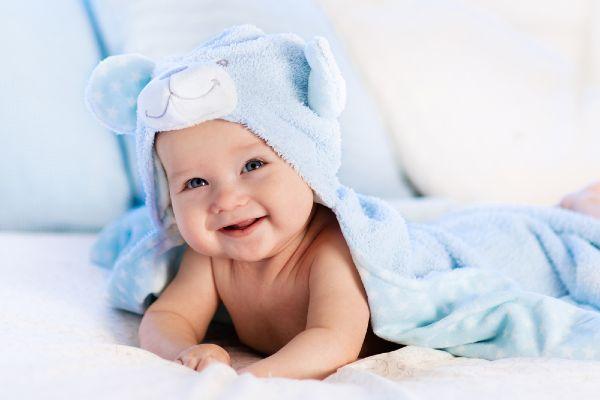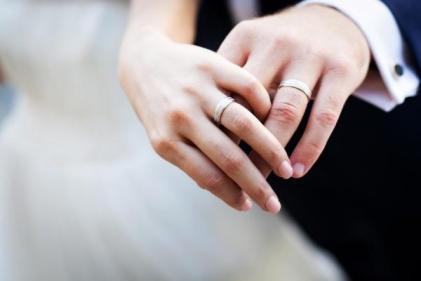There is nothing more exciting than a baby’s firsts.
As parents, we live for those moments when our baby learns something new.
It’s as if we have gained further insight into our little one’s mind and how it works.
One of the most controversial of these firsts is when a baby can first smile authentically.
Newborns have not yet learned how to control their own bodies and let their heads fall with gravity. It often seems as if they are always watching the ceiling.
Is it the same way with smiling? Is that first smile we see just a mimic of our own grin we show them or is our baby truly happy?
A study published in Infant Behaviour and Development explored this topic in an effort to find the average age babies can make their first ‘real' smile.
A ‘real smile’ is when a person grins with their whole face (including their eyes) rather than just their mouth.
So 957 parents observed this subtle characteristic to differentiate ‘fake’ smiles from the ‘real’ ones.
And on average, parents reported their child’s first authentic smile just after they turned four-weeks-old.
The study’s author Emese Nagy explained that babies quickly gain a remarkable ability to regulate the behaviour of their parents.
“If a baby keeps eye contact, blinks and smiles, their parent will likely smile back – making the smile rewarding.”
Therefore, babies are born with the need to seek this parental reward and will simulate smiles those first weeks because of that innate quality.
However, once they grow to about one-month-old they gain enough awareness to process positive feelings - allowing them to form their first ‘real smile’.
“While further studies are needed, it is plausible to assume that these early smiles have a social meaning,” Emese said.
“To many of us in the field, it is at the very least clear that these smiles are definitely more than just a reflex.”










